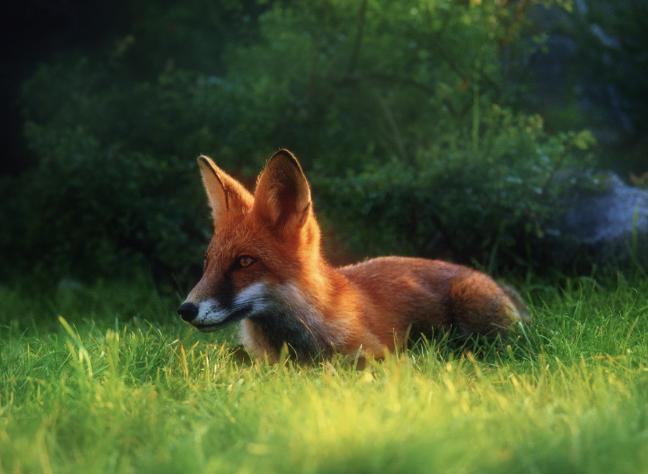Secular Shenanigans: Understanding the Role of Religion in Modern Society
The relationship between religion and secularism is a complex and often contentious issue in modern society. While some argue that religion should have no place in the public sphere, others maintain that it is an essential part of individual and community life. Understanding the role of religion in the secular world requires a nuanced understanding of both the historical context and the contemporary challenges facing religious communities.
Historically, religion has played a central role in shaping the values, beliefs, and practices of societies around the world. From the ancient civilizations of Egypt and Mesopotamia to the modern monotheistic religions of Christianity, Islam, and Judaism, religion has been a driving force in shaping cultural norms and identity. The separation of church and state in many Western democracies emerged as a response to the abuses of power by religious institutions during the Middle Ages. The rise of secularism marked a shift towards a more pluralistic and inclusive society that values freedom of belief and expression.
In the modern world, religion continues to play a significant role in the lives of billions of people. For many individuals, religion provides a sense of community, belonging, and purpose. Religious institutions often serve as centers of social support, charity, and advocacy for marginalized communities. In times of crisis, such as natural disasters or political unrest, religious organizations are often at the forefront of providing aid and assistance to those in need.
However, the increasing secularization of society has posed challenges for religious communities. In an age of rapid globalization and technological advancement, traditional religious institutions are facing declining membership and influence. The rise of atheism, agnosticism, and secular humanism has led to a more skeptical attitude towards organized religion among younger generations. The proliferation of online platforms and social media has opened up new avenues for individuals to question, challenge, and critique religious beliefs and practices.
Despite these challenges, many religious communities are adapting to the changing landscape of the secular world. Some religious leaders are embracing interfaith dialogue and collaboration as a means of promoting understanding and cooperation among diverse religious traditions. Others are using social media and digital technology to reach out to new audiences and engage with the broader public. By embracing change and innovation, religious communities can remain relevant and resilient in an increasingly secular society.
In conclusion, the relationship between religion and secularism is a dynamic and evolving phenomenon in modern society. While the role of religion in public life may be changing, the enduring appeal of spirituality and faith remains a vital aspect of human experience. By acknowledging the historical legacy of religion and engaging with the challenges of the present, we can cultivate a more inclusive and pluralistic society that respects the diversity of belief and values in our increasingly secular world.
